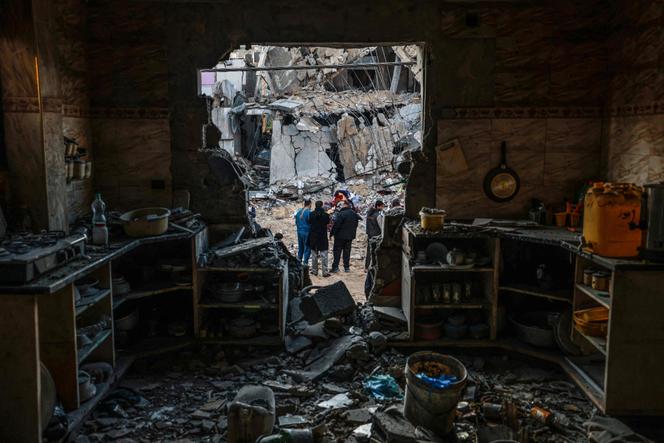


Some dates in history have become inextricably linked with a terrorist massacre. Such is the case with September 11, 2001, when the attacks perpetrated by Al-Qaeda in New York and Washington caused the deaths of almost 3,000 people. It is also true for October 7, 2023, when attacks by Hamas on Israel killed 1,163 people, including 767 civilians (710 Israelis, including 36 children, and 77 foreigners, mostly Thai workers on local farms).
Support for the two countries under attack and condemnation of the terrorist acts were at the time clearly proclaimed both by leaders − including those in the West − and by the press. To quote Le Monde alone, its editorial from September 13, 2001, declared that "We are all Americans," while that of October 9, 2023, was just as emphatic: "There is no other reaction than to condemn Hamas's terrorist operation, which has all the hallmarks of a reckless headlong rush, and against which Israel has every right to retaliate."
The broad support initially enjoyed by the United States and Israel in the face of such barbaric terrorism was eroded as a result of the shift − occurring in both instances − from an unavoidable war, which may indeed have been in self-defense, to a war waged in the name of ideological imperatives. In the case of the US, this transition from one rationale for war to another was gradual, since Mullah Omar's refusal to hand over Osama bin Laden and the leaders of Al-Qaeda justified the campaign against the Afghan Taliban launched in October 2001 by Washington, at the head of an international coalition. President George W. Bush also relied on the Afghan opposition to lead the campaign on the ground in confronting the Taliban regime, with multifaceted assistance from the US. But it was the Afghan people who liberated their country from the yoke of Islamists, not foreign invaders.
It was only a year later that the ideological dynamics of the "global war on terror" led the US to designate President Saddam Hussein's Iraq as a target. Officially justified as a response to Baghdad's supposed possession of "weapons of mass destruction," the move was, in fact, intended to reshape the Middle East to Washington's advantage. This shift from unavoidable to deliberate warfare was opposed by France and Germany, among others, forcing the White House to do without the UN endorsement it had received in Afghanistan.
In a similar vein, the US expeditionary force, backed by a few Western allies, carried out its lightning offensive against Baghdad without Iraqi support on the ground, quickly overthrowing Hussein. We all know what unfolded next: the revelation of the absence of any "weapons of mass destruction" in Iraq and the inexorable unraveling of a country that had been transformed by the invasion itself into a safe haven of choice for globalized terrorism.
You have 45% of this article left to read. The rest is for subscribers only.
